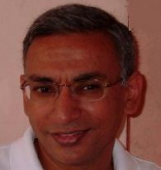
Amit Majumdar
San Diego Supercomputer Center, UCSD
Director of SDSC’s Data Enabled Scientific Computing (DESC) division. DESC consists of multiple groups: High Performance Computing Systems, User Services, Scientific Computing Applications, Scientific Visualization, and Cloud and Cluster Development. SDSC’s XSEDE program is coordinated from the DESC division by Bob Sinkovits, Co-PI of the XSEDE program.
Previously I was director of the Scientific Computing Applications group at the San Diego Supercomputer Center. The computational scientists, in the group, have expertise and experience in High Performance Computing (HPC) and have degrees in various domain sciences such as mechanical engineering, hydrology, biochemistry, nuclear engineering, and physics. The group’s main activities are HPC research and development work in collaboration with domain science users of NSF funded HPC resources. This collaborative R&D effort allows SDSC’s experienced computational scientists to work with domain scientists regarding algorithm development, code optimization, code profiling/tuning, mathematical library implementation, new programming model implementation etc.
I am an Associate Professor in the Department of Radiation Medicine and Applied Sciences, UCSD. Our collaborative interdisciplinary research involves application of HPC for adaptive radiation therapy.
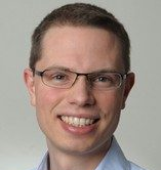
Dr. Andreas Goetz
Research Scientist, San Diego Supercomputer Center, UCSD
Andreas Goetz is co-director of the CUDA Teaching Center and co-principal investigator of the Intel Parallel Computing Center at SDSC. He has extensive experience with quantum chemistry and molecular dynamics simulations, and is a contributor to the ADF and AMBER software packages, both widely used in academic and industrial research. Andreas develops new multiscale and multilevel simulation models and optimizes code for new HPC architectures, including many-core and GPU accelerators. He collaborates on a variety of research projects in molecular simulation, computational catalysis, biophysics, and drug design, most prominently as a principal investigator with the National Renewable Energy Laboratory, as well as an international collaboration with the ENS Lyon in France. His work is funded through the Department of Energy, the National Institutes of Health, the National Science Foundation and Intel. Andreas also enjoys training the next generation of scientists in software development and numerical simulation methods via lectures, workshops and, supervision of interns. Prior to joining SDSC in 2009 Andreas performed postdoctoral research with Professor Lucas Visscher in quantum chemistry at the VU University in Amsterdam and obtained his undergraduate and Ph.D. degrees in chemistry with specialization on theoretical chemistry under guidance of Professors Bernd Hess and Andreas Goerling from the University of Erlangen in Germany.

Ange Mason
Education Program Manager, San Diego Supercomputer Center, UCSD
Ange Mason has worked at the San Diego Supercomputer Center at the University of California, San Diego for over 30 years. As the Program Manager for SDSC’s K-16 outreach programs, Ms. Mason has created the StudentTECH program, which provides STEM-focused workshops for middle and high school students, and the popular Research Experiences for High School Students (REHS) program. Always innovating and creating, Ms. Mason has also launching the Mentor Assistance Program (MAP), the Anita Borg Leadership and Engagement (ABLE) program for high school students and the Pi Wars robotics competition for middle and high school students. Ms. Mason received her BA in Psychology from UC San Diego.

Claire Stirm
Project Manager, San Diego Supercomputer Center, UCSD
Claire Stirm a Project Manager with the San Diego Supercomputer Center and works on various research and software projects. Claire supports the Hubzero Platform team and hosted hubs. She works with hub owners and research PIs to optimize the platform to fit their research workflows. Claire is also a Co-PI am of the Science Gateways Center of Excellence. Claire leads consulting engagements and supports the community through outreach and event planning. Finally, Claire is the Associate Director of the Rev-Up Program, where she supports software projects at the San Diego Supercomputer Center interested in sustainability training and working one-on-one with sustainability experts.
Claire received a B.A. in Professional Writing and a secondary major in Classical Studies from Purdue University. She also received a M.S. in Communication with a focus in Strategic Communication from Brian Lamb School of Communication at Purdue University.
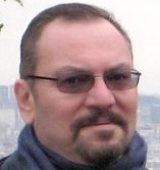
Igor Tsigelny
Dept. of Neurosciences, San Diego Supercomputer Center, UCSD
Igor F. Tsigelny is a Research Professor at the Department of Neurosciences, San Diego Supercomputer Center, and Moores Cancer Center. He is a world-known expert in structural biology, molecular modeling, bioinformatics, and structure-based drug design. He received his M.S. in Electrical Engineering from the Technical University in Lviv (Ukraine). He has a Ph. D. in Physics of Polymers from the Academy of Sciences of Ukraine. He was a postdoctoral fellow in the University of California in the laboratory of Susan S. Taylor from 1992-1995. Dr. Tsigelny is the author of over 200 papers in scientific journals including the Nature and Science groups of journals, and Proceedings of National Academy of Sciences of the USA. He had published and edited 4 scientific books. The book “Protein Structure Prediction: Bioinformatic Approach” that he edited, has been called “The Bible of all current prediction techniques” by BioPlanet Bioinformatics Forums. He is a member of editorial boards of over 10 scientific journals. He has around 15 existing and pending patents. Three drug-candidates developed by Dr. Tsigelny for treatment of Parkinson’s disease, brain cancer, and hypertension are licensed by UCSD to pharmaceutical companies and are in various stages of development His computational study of molecular mechanisms of Parkinson’s disease has been included in the US Department of Energy publication “Decade of Discovery” where the best computational studies of the decade 1999-2009 have been described.
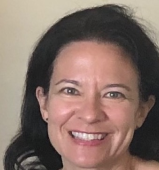
Kimberly Mann Bruch
Science Writer, San Diego Supercomputer Center, UCSD
Kim has worked on academic communication and distance learning projects for more than two decades, ranging from programs funded by the National Park Science and the National Science Foundation (NSF) to NASA and the U.S. Department of Energy. As a science writer for the San Diego Supercomputer Center, she composes pieces for the Center as well as several NSF-funded projects such as EarthCube, XSEDE, and the West Big Data Innovation Hub. Kim earned her BA from Western Kentucky University’s School of Journalism and Broadcasting and her MA from San Diego State University’s School of Communications.
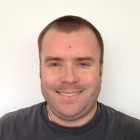
Marty Kandes
Ph.D., Computational & Data Science Research Specialist, San Diego Supercomputer Center, SDSC
Computational & Data Science Research Specialist at San Diego Supercomputer Center at the university of California, San Diego.
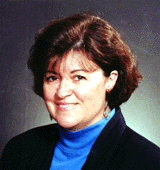
Mary Thomas
Science Writer, San Diego Supercomputer Center, UCSD
Mary is a Computational Data Scientist in the Data-Enabled Scientific Computing Division and the lead for training on the Comet and TSCC systems. In addition, she is a Research Assistant Professor in the Department of Computer Science at San Diego State University, and an Associated Faculty member of the SDSU Computational Science Research Center. Her research is focused on parallel computing, coastal ocean modeling, cyberinfrastructure, and bioinformatics IT architecture using Amazon Web Services. Her current projects include parallelization of the General Curvilinear Coastal Ocean Model (GCOM) using the PETSc framework, optimization of a gene sequencing bioinformatics application, and developing Jupyter notebooks for scientific computing.
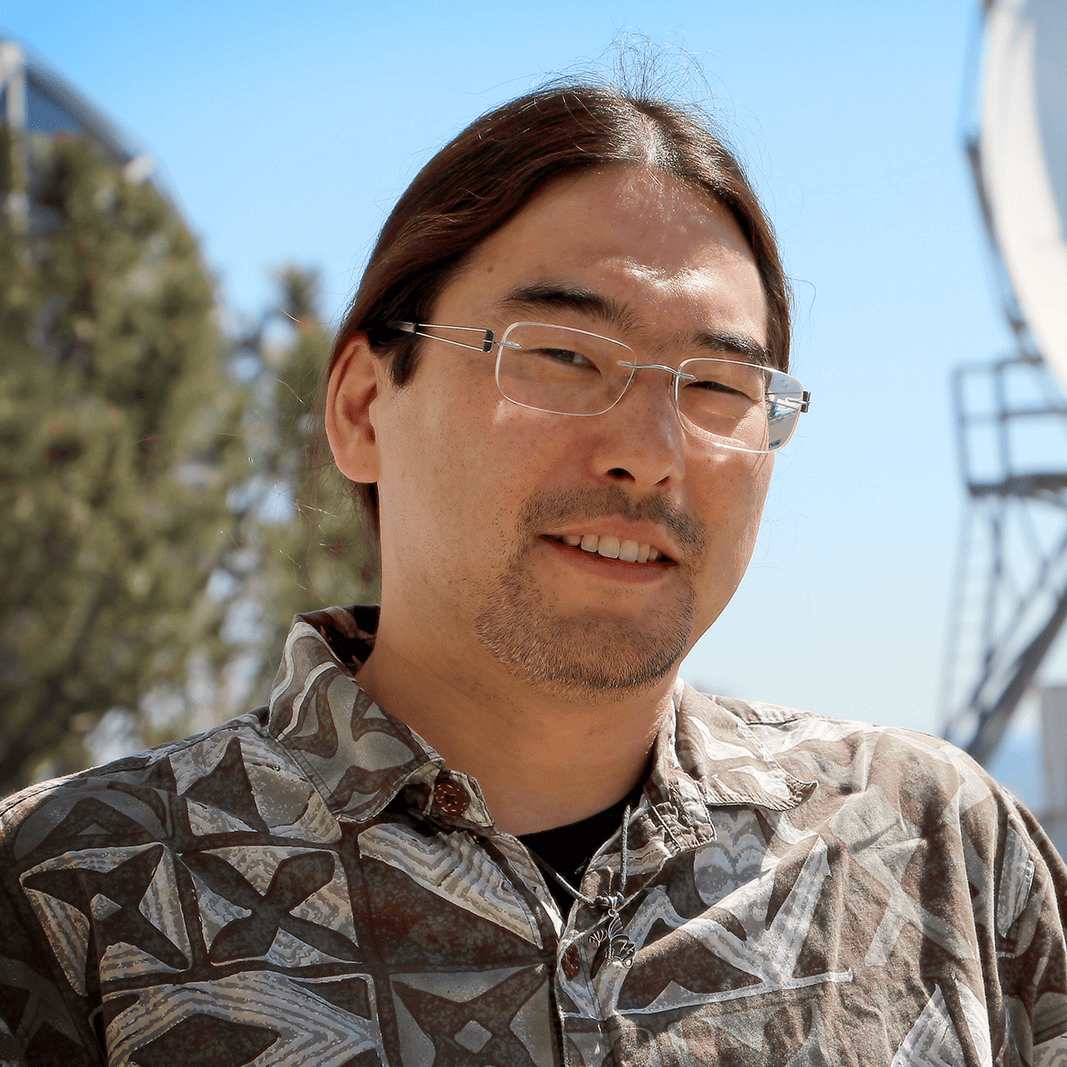
Scott Sakai
Research Scientist, San Diego Supercomputer Center, UCSD
Scott is one of four cybersecurity analysts who comprise the Security Team at the San Diego Supercomputer Center. His area of focus is supporting the security needs of SDSC’s HPC installations and serves as a subject-matter expert for security issues relating to intrusion detection, incident response, networking, Unix environments, programming, and general IT. In addition to supporting the security needs of SDSC, Scott also collaborates closely with XSEDE’s Security Working Group in a similar role. He received his B.S. in Computer Science and Engineering from UC San Diegoin 2003 and joined SDSC in 2004.
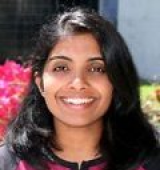
Subha Sivagnanam
Computational Data Science Research Specialist, San Diego Supercomputer Center, UCSD
Subhashini Sivagnanam leads the CyberInfrastructure Services and Solutions (CISS) group at the San Diego Supercomputer Center. Her primary areas of research focus are in the fields of distributed computing, Cyberinfrastructure (CI) development, scientific data management and reproducible science. As a PI, Co-PI or Key Personnel, Subha has been involved in various NSF, NIH, and SDSC internal funded projects that involve developing CI research software, providing CI services to the research community, and carrying out HPC related research.
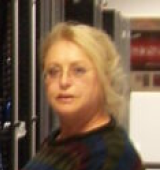
Dr. Valentina Kouznetsova
Project Scientist, San Diego Supercomputer Center, UCSD
I work for the San Diego Supercomputer Center and the Moores Cancer Center of University of California at San Diego.
Research Interest: My research interests include Computer-Based Drug Design, Metabolomics, Cheminformatics, Bioinformatics, Computational Structural Biology, Gene Networks Analysis, System Biology, Data Mining, Knowledge Discovery, Visualization, and Image and Morphometric Analyses.I focus on pharmacophore development and drug design; protein modeling and simulations; microarray data processing and analysis; pathway and gene-network analysis, development of metabolic markers for cancer and other diseases diagnostics. Recently I proposed a new method of pharmacophore hypotheses generation for one of the most difficult problems in pharmacophore-based drug design—protein interface inhibitors. My strategy was proved with a computational design of the OLIG2–E47 transcription factors (TFs) interface inhibitor. This concept leads to the creation of new drugs for cure of brain cancer. One of my significant works was time-series microarray analysis of kidney gene expression using SOMs and reversed Tsallis entropy that led understanding of kidney organogenesis The analysis revealed distinct transitions in specific days of kidney development and paved the road to development of targeted medications that will affect the TFs in specific day of organ development. This work was published in Science Signaling journal.In another significant work published in Genes, Brain and Behavior this approach was applied to brain development. The methods were extended with TF network and pathway analysis that allowed finding specific TFs and networks for drug intervention in cure of mental disorders as ASD and schizophrenia. I use the concepts outlined in this work for selection of target TFs for drug design.Another area of my interest is metabolomics for cancer cure.I work in collaboration with biochemists, biologists, and medical researchers from different laboratories and consult them in drug design, planning experiments, analysis and comparison of biological data, information theory, and other fields of computer engineering.



